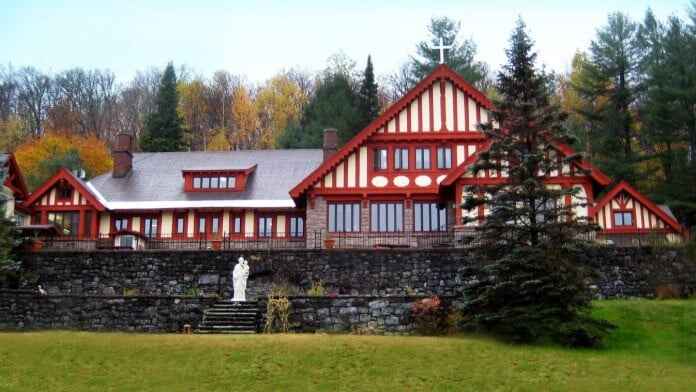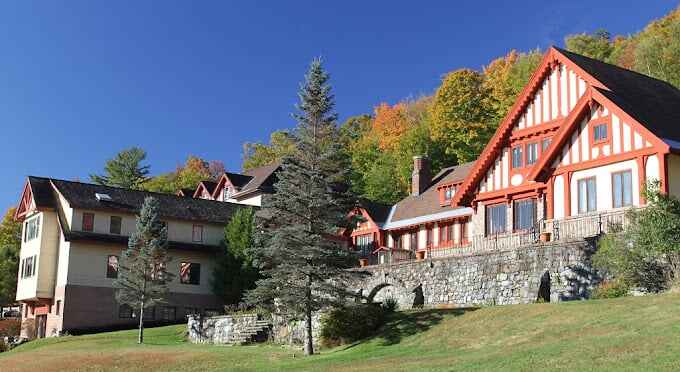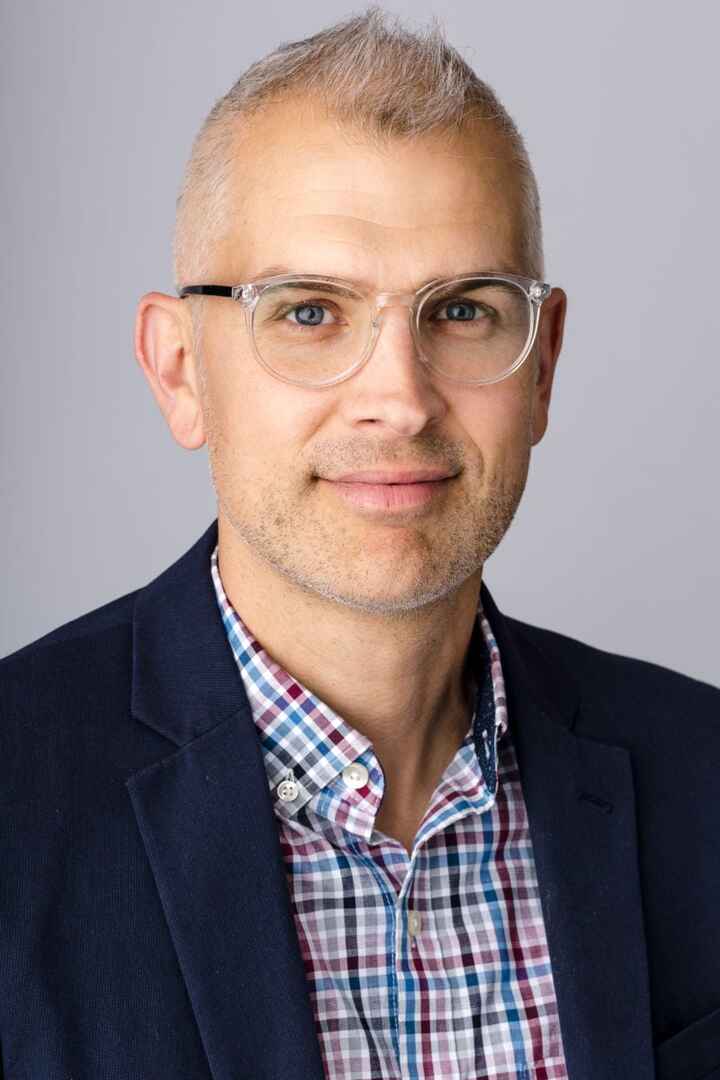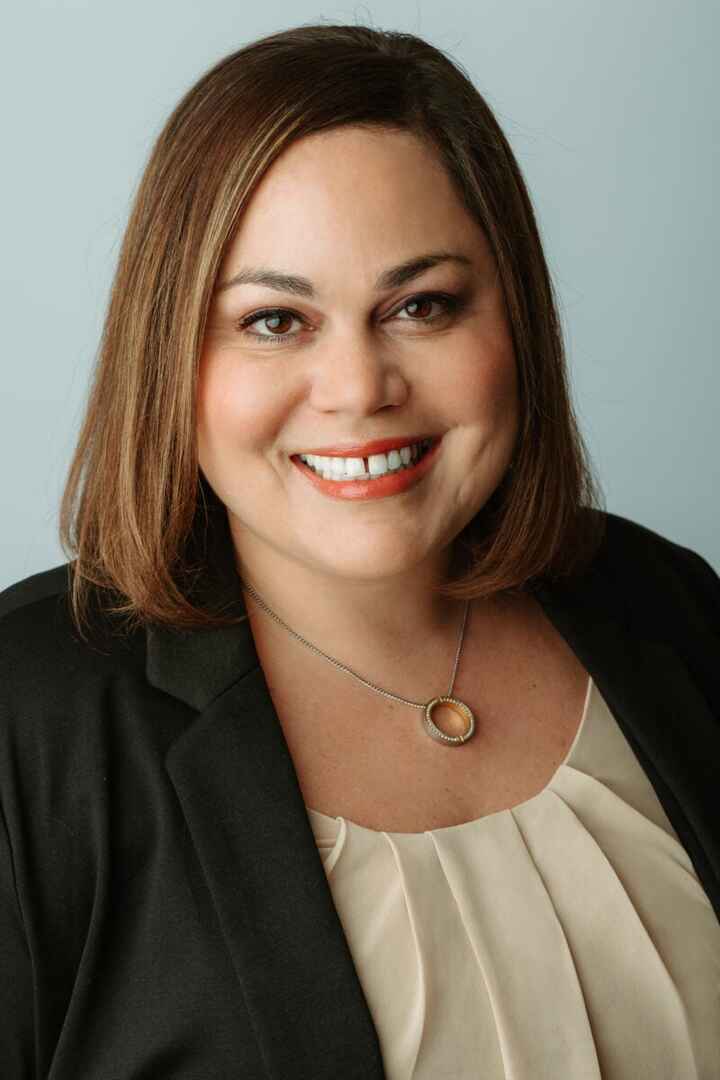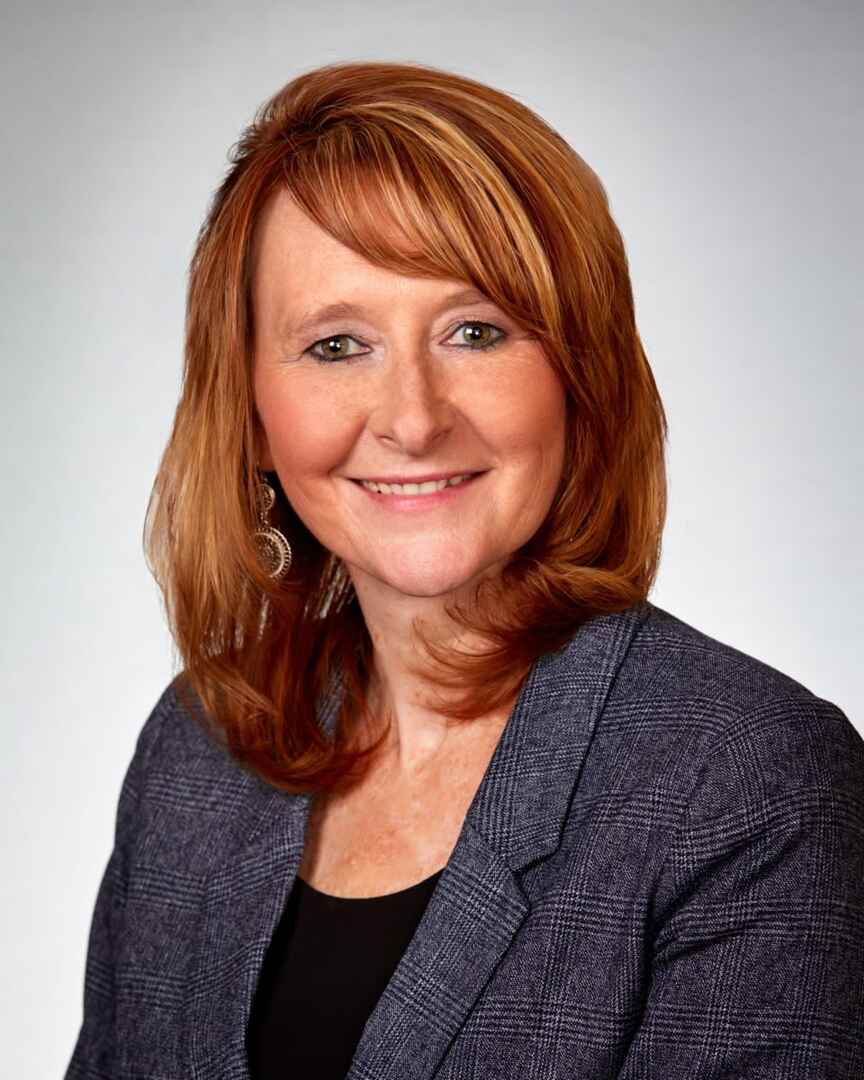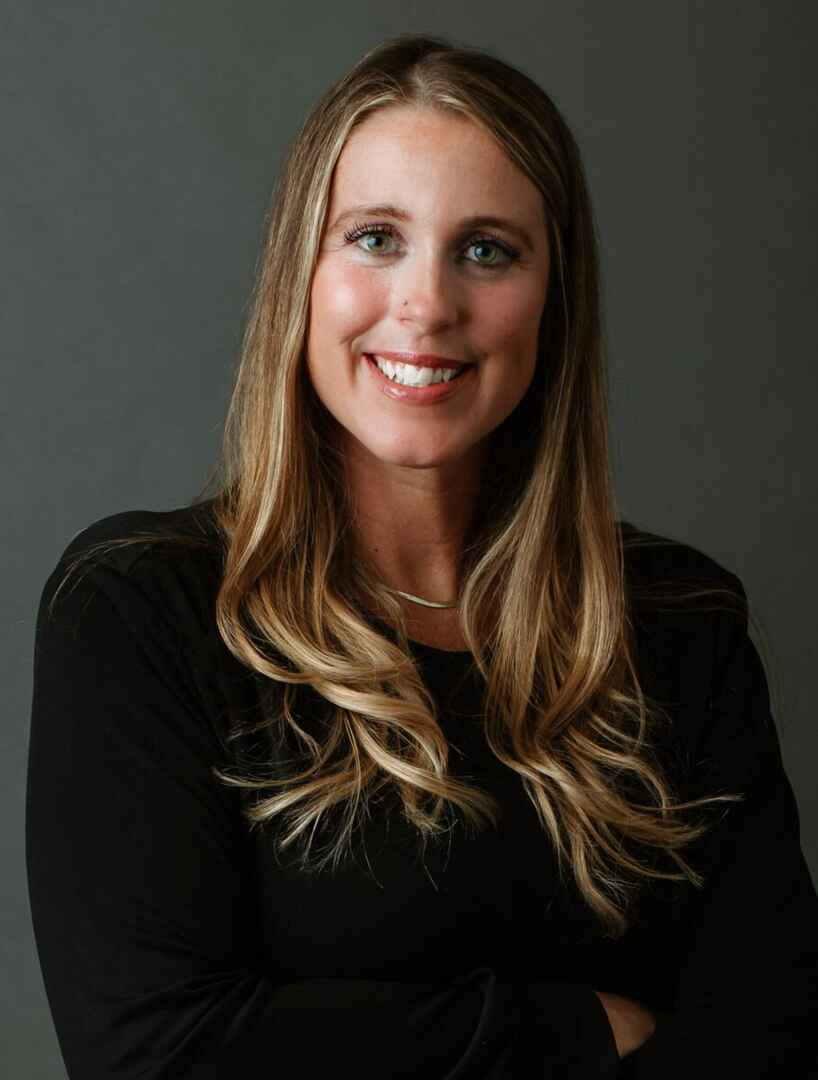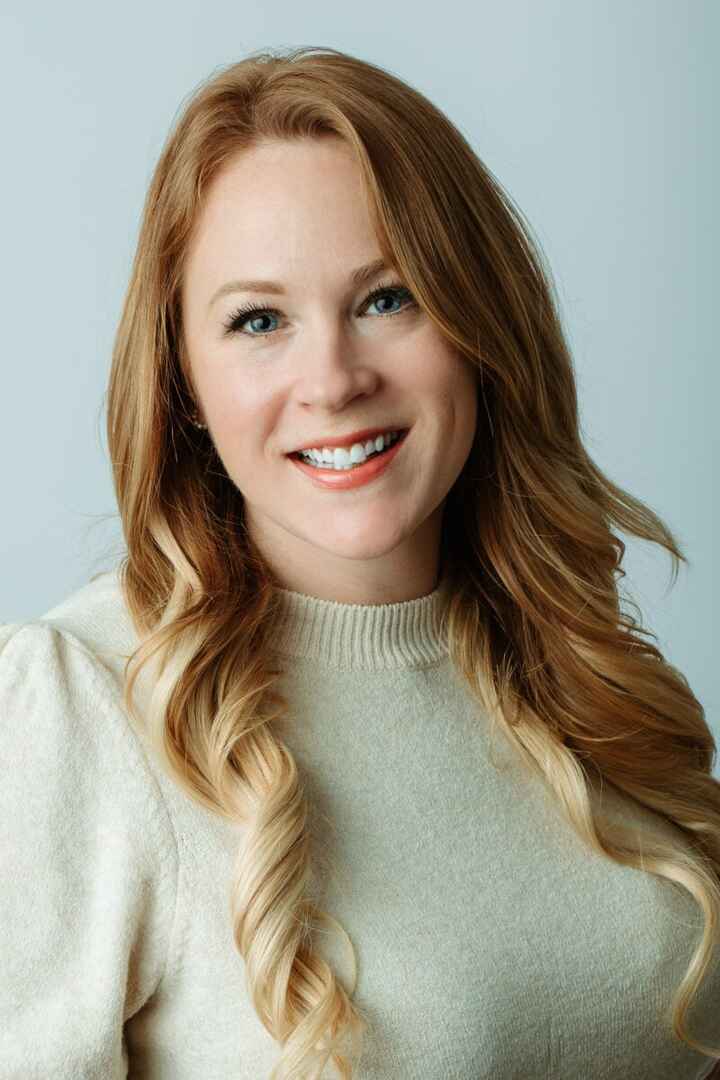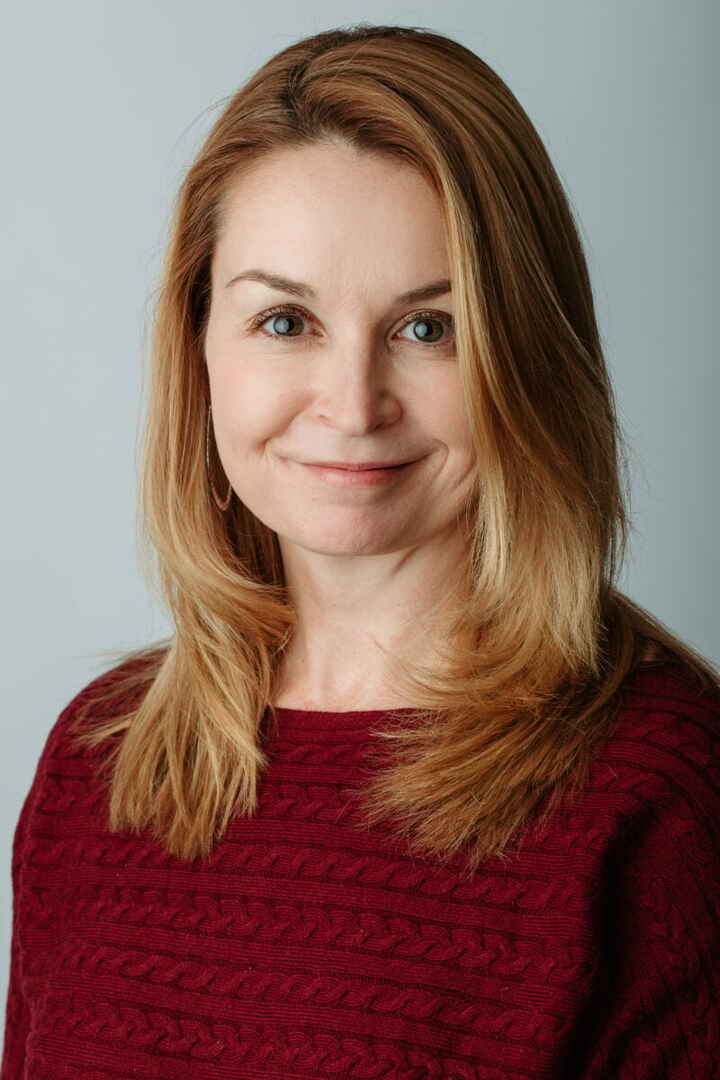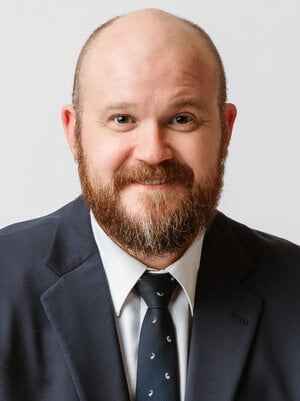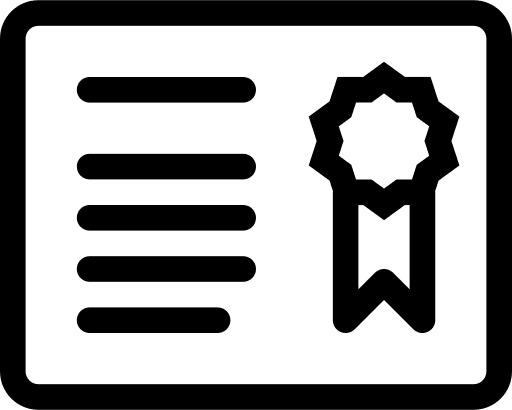About St. Joseph’s Addiction Treatment and Recovery Centers – Saranac Lake
St. Joseph’s Addiction Treatment and Recovery Centers offers a residential substance use treatment program in Saranac Lake, New York. It’s a co ed program that has 67 beds and offers varying lengths of stay based on a client’s needs. The facility focuses on treating both addiction and addiction with co occurring disorders. The treatments you may receive include medication assisted treatment and self help meetings.
Your treatment will be trauma informed, and staff members will address your past experiences with the sensitivity they need. The medical professionals who will work with you include licensed mental health counselors and credentialed substance abuse counselors. You’ll participate in daily small groups and focus groups that will cover topics such as grief and loss and other issues that contribute to addiction.
Counselors may use evidenced based practices such as cognitive behavioral therapy to guide you in adjusting any thoughts or behaviors negatively affecting your recovery. You’ll also have individual hour long counseling sessions counseling once a week, and attend daily lectures where you’ll be given assignments to complete.
I like that this location also gives you time to engage in exercise and recreational activities. You’ll have the chance to do indoor activities such as yoga or spend time enjoying the weather outside. St. Joseph’s Addiction Treatment and Recovery Centers also understand that you may need support in other specific ways to ensure you have a successful recovery. Some of the specialty groups the facility provides include women specific programming and GED classes.
Saranac Lake is known for its scenic parks and its relaxing brick paved path known as the Riverwalk. Another unique attraction you can check out in the area for some fun is the Adirondack Carousel.
